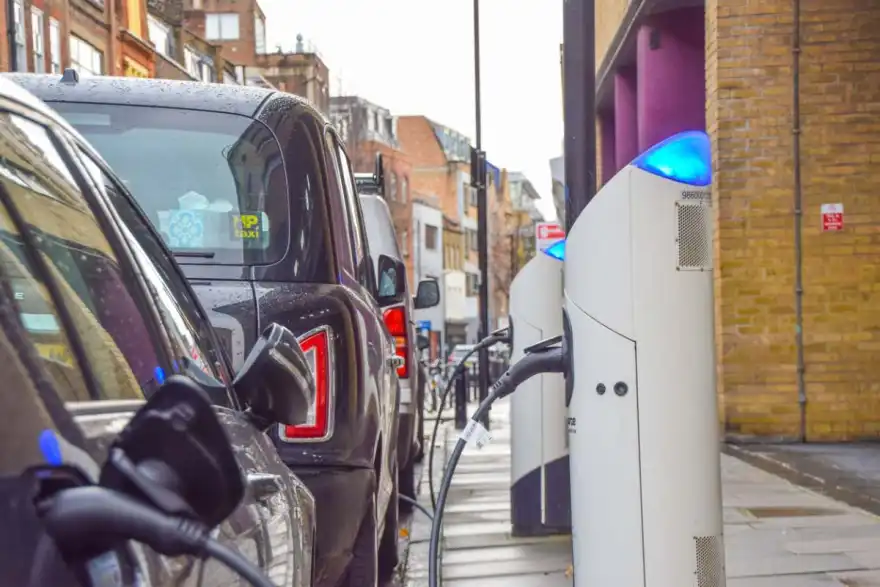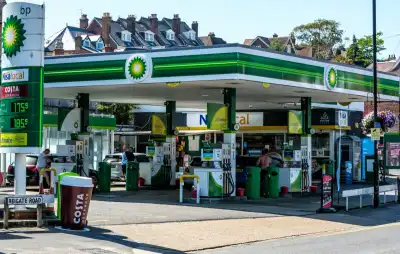
Experts are urging the Government to introduce fair measures for electric vehicle (EV) drivers as discussions about a potential pay-per-mile car tax continue. With Chancellor Rachel Reeves preparing to deliver her first Budget on October 30, Britons have been warned to brace for some "painful" decisions, according to Prime Minister Keir Starmer. Labour has highlighted the need to address a £22 billion financial gap left by the previous Conservative administration, with road pricing and changes to fuel duty being considered as potential solutions.
Road pricing, such as a pay-per-mile tax, would charge drivers based on their mileage, aiming to create a fair system for all road users. The Campaign for Better Transport (CBT) has called on Reeves to implement new car tax measures to prevent a major funding shortfall. CBT has suggested that zero-emission vehicles be taxed on a per-mile basis, describing it as the "easiest immediate solution."

Silviya Barrett from CBT argued that while it should be cheaper to drive electric vehicles compared to more polluting ones, it's only fair that EV drivers contribute to road maintenance. Research indicates that 65% of Britons believe EV drivers should be taxed at a lower rate than petrol and diesel drivers, while 19% disagree.
However, some experts caution against measures that could deter the adoption of electric cars. Paul Holland, managing director at Corpay, including the UK brand Allstar, emphasized the importance of EVs in achieving net-zero goals and argued that efforts should focus on encouraging their use rather than discouraging it. He pointed out that while petrol and diesel prices are expected to decrease, charging an EV at home remains cheaper and more convenient.
Holland also highlighted the need for businesses to cut costs and meet carbon reduction targets, underscoring the importance of increasing EV adoption. With approximately 1.2 million electric vehicles in the UK, supported by over 68,000 public chargers and an estimated 700,000 home and workplace chargers, he noted that while taxing EVs could generate £5 billion, the priority should be on addressing climate change.
He concluded that the Government must clearly communicate that EVs are crucial for the UK's net-zero future, regardless of how the taxation issue is resolved. As discussions continue, it is essential for policymakers to balance the need for revenue with the imperative to support the transition to cleaner transportation.



